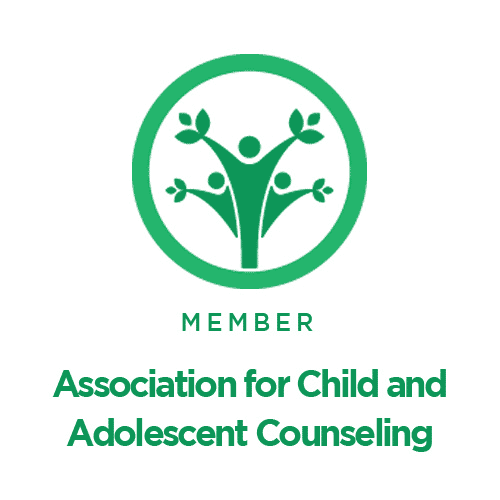Most of us are taught from a young age to apologize when we do something wrong. Saying “I’m sorry” is a skill that takes practice to become comfortable with. It’s often spotlighted when someone fails to apologize for their behavior and the lack of an apology is looked down upon. What’s not talked about as much is THE OVER APOLOGIZER.
“Sorry it took so long for me to get back to you.”, “Sorry if I’m not understanding.”, “Sorry to bother you.”, “Sorry if this doesn’t make sense to you.”, “Sorry if you’re not happy.” SORRY -SORRY- SORRY! The over apologizer easily apologizes for things that do not warrant an apology or explanation. Using the phrases “sorry to” or “sorry if” to deliver your thoughts or opinions communicates to the other person that you’re lacking confidence in what you’re saying and have difficulty expressing your needs. Feeling insecure, perfectionism, you hold yourself responsible for other people’s feelings, people pleasing, low self-esteem and habit are some common reasons why people over apologize.
Regardless, to all the over apologizers out there: you are worthy, you are good enough and your needs are just as important as everyone else’s. If you recognize this behavior in yourself, take a second to praise your self-awareness, this is a valuable tool to promote change! Here are some tips to stop over apologizing:
- 1. Self-Reflection: As I mentioned above, there are many reasons why people start their sentences with “I’m sorry”. Take some time to think about your own self-esteem and fears. This is a great step to set goals for yourself. For example, if you have low self-esteem, set a goal, and make a plan to work on it.
- 2. Self-Awareness: Pay attention to yourself throughout the day. How often do you catch yourself using the word “sorry”? Take it one step further and decide if it was necessary or not. “Have I actually done anything wrong?”
- 3. Practice new alternative phrases. A tip is to replace “sorry” with “thank you” statement. For example:
Don’t Say: “I’m sorry for going on and on about this.”
Do Say: “Thank you for listening.”
Don’t Say: “I’m sorry to bother you.”
Do Say: “Thank you for your help.”
Don’t Say: “I’m sorry, I can’t make it.”
Do Say: “Thank you for inviting me.”
- 4. Offer a solution when applicable. For minor mishaps that occur, instead of placing all the blame on yourself you could say: “This didn’t go as planned but I will do better next time.”
- 5. Break the habit. Pause before responding to assist with retraining your mind to use new phrases.
- 6. Practice speaking with “I” statements and practice how to respectfully say “no”. “No, I can’t make it.” “I don’t understand.”
- 7. If you bump into someone replace “I’m sorry” with “Excuse me.”
- 8. If you’ve truly done something wrong, say “I’m sorry” once and move on. You are not responsible for the feelings of other people; they will accept when ready. No matter how many times you say you’re sorry, it won’t speed up someone else’s ability to forgive you faster. Saying the phrase too much is often seen as annoying.
When communicated appropriately, saying “I’m sorry” is a strength that helps mend relationships. But just like many things in life, moderation is key. Over apologizing can diminish the impact of the phrase and inadvertently invalidates the over apologizer. If you can relate to this blog, it’s time to relearn the skill of apologizing and work on the steps above. Counseling is a great place to work on squashing this habit, increasing your self-awareness & self-esteem, and practicing the steps above. At A Little Counseling, we’re going to call you out on it when you say “I’m sorry” too much and we won’t apologize for it. 😉 Let’s go, YOU GOT THIS!








